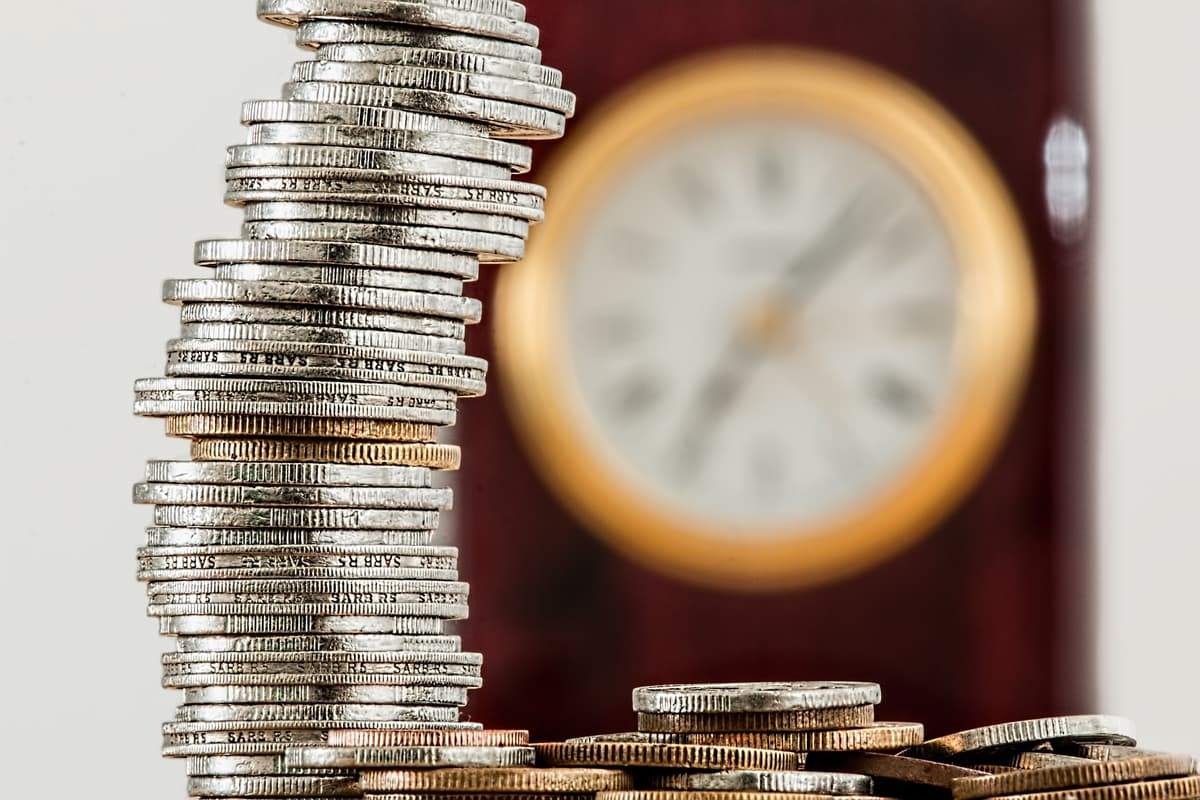How to Decide on a House Buying Budget
If you’re looking for a new home, it’s important to consider what you’re willing (and able) to spend on a property. Here’s our top ways to find the right budget for your move.

If you’re looking for a new home, it’s important to consider what you’re willing (and able) to spend on a property. Here’s our top ways to find the right budget for your move.

Compare moving quotes in 4 simple steps